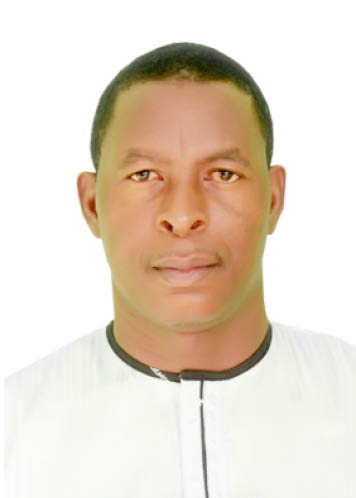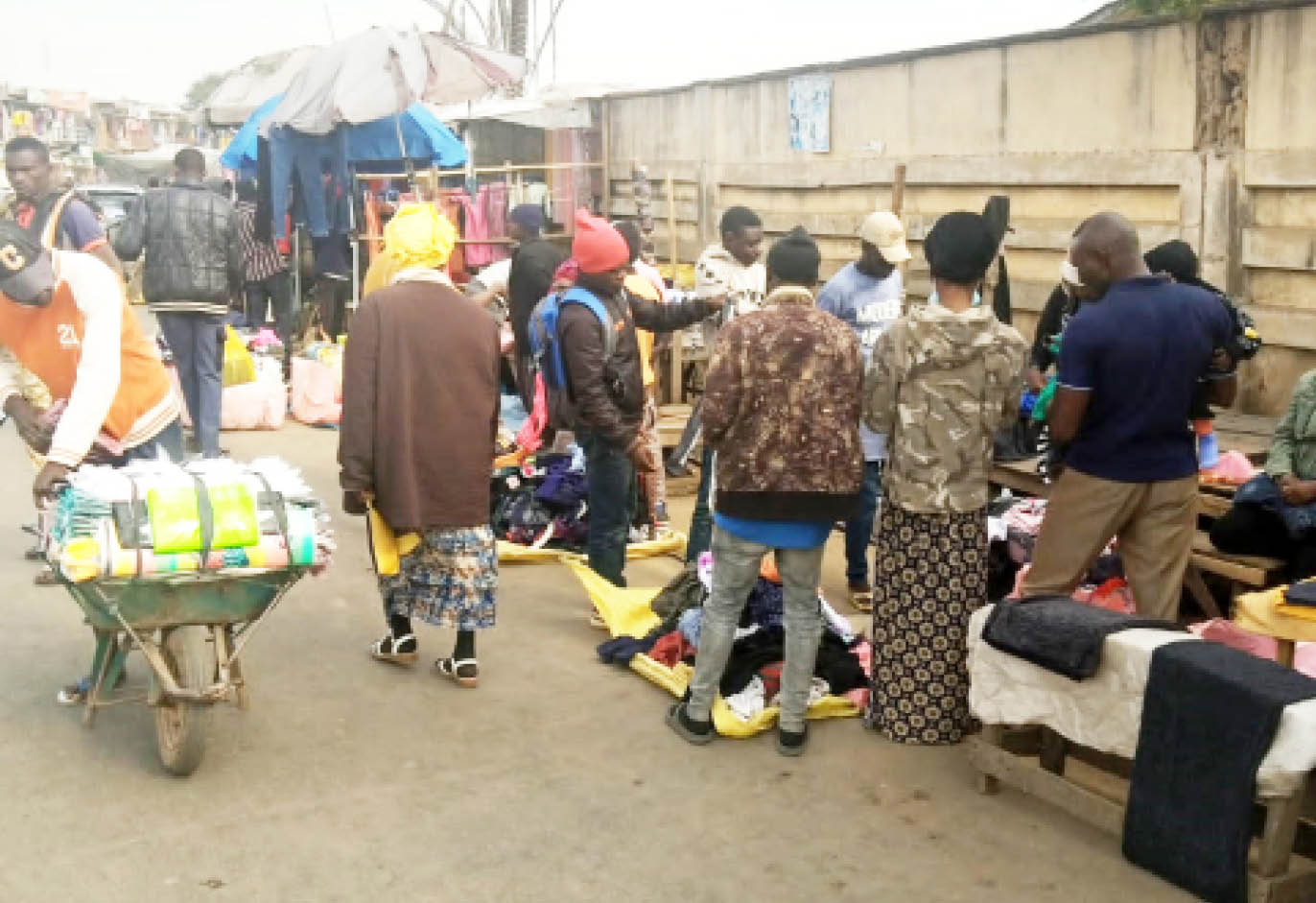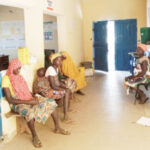As the cold December winds gust over the undulating Jos landscape, residents of the Plateau State capital come to terms with the reality of the changing climate and its accompanying extreme weather events.
Jos is known for its severe cold, and it is known to be the coldest city in the nation. And this cold which is always at its peak during the harmattan season comes with wind, other times with dust and other associated conditions.
During this period, some persons frequently get sick, and while others who are not sick could have cracks on their lips and on the heel of their feet, others experience dryness of the body, hair loss, among other conditions. Residents say the coldness has intensified and the impacts on residents are now more severe.
Again, the common things associated with the weather are cough/sneezing, light fever, general coldness in the body, while asthmatic patients are often threatened more during this period due to the dust which often intensifies their condition.
NIGERIA DAILY: I Prepared Spaghetti With Only Palm Oil Because Of Harsh Economy – Nigerian
NIGERIA DAILY: We Are Ashamed Because of Huge Debt – Reinstated Kano Workers
Rheumatism is also a common sickness in Jos, and it is a common sight in the city to see many elderly people walking with sticks and other supportive aides, due to the cold that has penetrated their legs and bones.

But Jos’ weather is complemented with the natural formations of rocks, hills, waterfalls and other kinds of splendid scenery acrossPlateau State.
The city temperature fluctuates between 10 and 20 degrees Celsius during harmattan, and sometimes lower. This has sometimes made people freeze in their rooms and several deaths are often recorded from time to time.
Yet, people in Jos are so proud of the weather, regardless of its cold impact and other associative health issues during the harmattan season. Jos people, residents and natives alike, are known to always defend the weather and acknowledge how they enjoy it at all times and seasons.
Nonetheless, they take many protective measures to tackle the cold like wearing thick clothes, drinking hot water at all times, doing morning exercises, staying under the sun, etc.
A resident of Diye community in Jos South, Andrew Pwanangba, said though Jos cold is severe, over the years it has been reducing in intensity due to global warming/climate change impact.
He said the cold experienced in Jos now could not be compared to what was experienced in about 10, 15 or 20 years ago; explaining that from November through February, Jos cold is almost unbearable.
He said under tree shades, on the rocks (which are widespread in Jos), and in open fields, the cold is much more than in other places.
He advised the people to as much as possible wear tick jackets at all times even when the weather is not chilling because Jos weather is always unpredictable and does change at any moment.
He added that it is always better for him to sweat while in thick clothes than to feel cold, saying even when the sun is out, he is always in his thick clothes, rather than wearing flimsy or light clothes.
On his part, Silas Dauda who resides in the Low-cost area of Jos said one of the ways he tackled Jos cold is to engage in early morning exercises like jogging.
He said he always has his canvas intact, and after jogging with sweat out, he then drinks hot water to keep warm throughout the day.
For Simon Omekpa of Bukuru, he used to bathe with cold water and refused to heed the advice of people against the act.
He said the warmest water he used to bathe was merely heated by the sun. And he continued in this act until recently when cold entered his chest and all his joints.
He said he is now undergoing treatment, and always fills his gas and buys charcoal for heating his water every day for bathing or drinking at all times.
For Chidi Dennis at Old Airport Junction, he said people react to Jos cold differently, adding that while others feel the cold more on their feet, for others is their head, and some others on their arm in addition to that of the general body.
But for him, he said he feels his cold more on his head, and once he can wear a head warmer/cap, he can brace up against the cold.
He, however, advised people to prepare well against the cold, particularly, their children, because children can easily catch cold and the impact on them is usually devastating.
Reacting, a climate change expert and Head of Unit, Water Resources and Climate at National Centre for Remote Sensing Jos, Dr Onoja D. Sunday, said the issue of climate change is a reality that has come to stay due to human activities.
He said the globe is becoming warmer now than it used to be as a result of human activities which have affected the ozone layer that controls the intensity of the sun on the earth surface.
Nonetheless, he said Jos cold is still much more experienced than other parts of the country. Sunday said Jos cold comes from the North transatlantic wind from Sahara Desert, and the wind travels fast, dry and cold for hundreds and thousands of kilometres.
This wind, according to him, is more severe in Jos because it is along its corridors as the city is at an altitude of 1, 200 above sea level.
He said whenever the wind from the Sahara Desert comes in contact and combines with that of Jos which sits at a higher altitude, the cold becomes much, hence the explanation for the intense Jos cold.
He advised people to always wear their thick clothing, adding that the cold will be more intense in January and parts of February before it recedes.

 Join Daily Trust WhatsApp Community For Quick Access To News and Happenings Around You.
Join Daily Trust WhatsApp Community For Quick Access To News and Happenings Around You.


